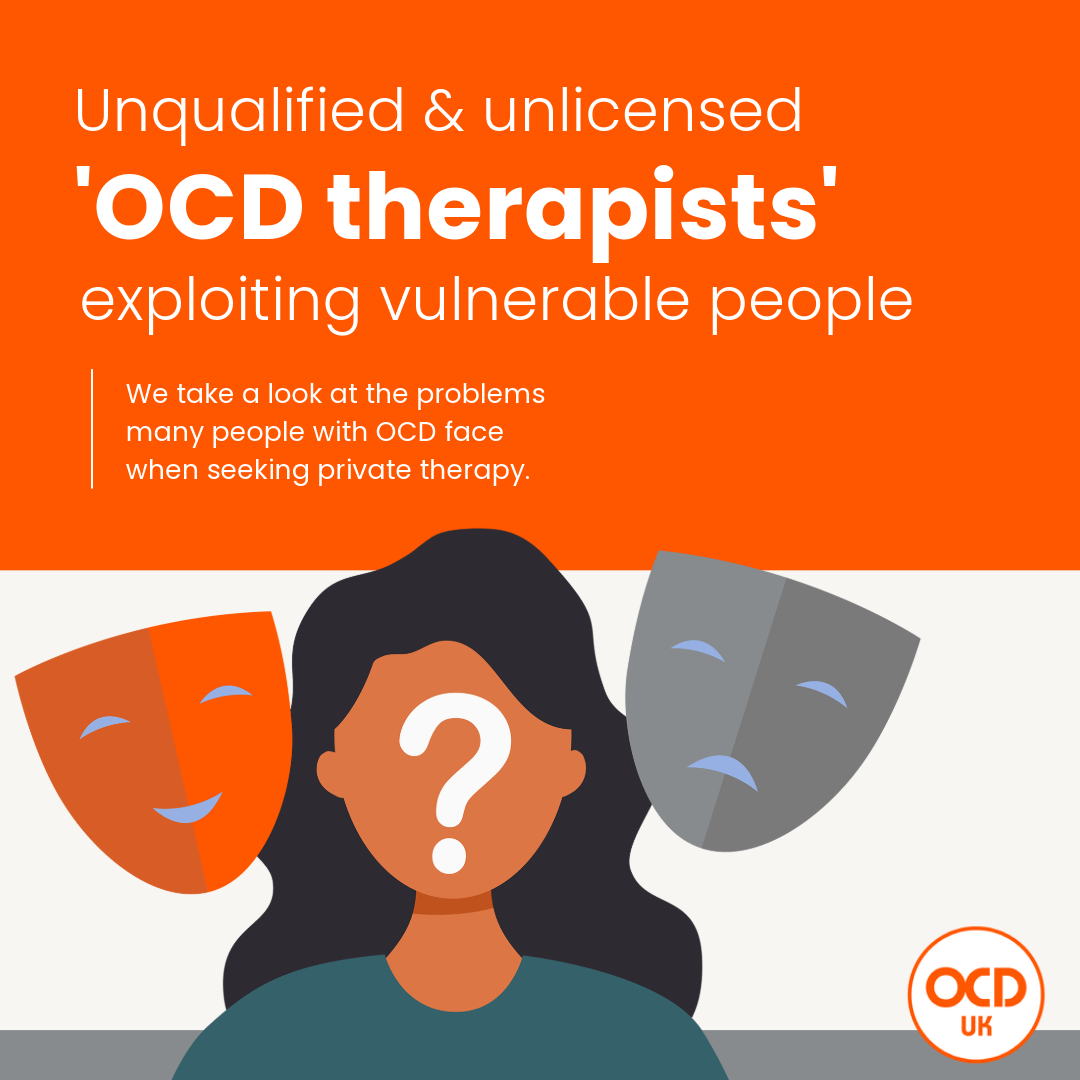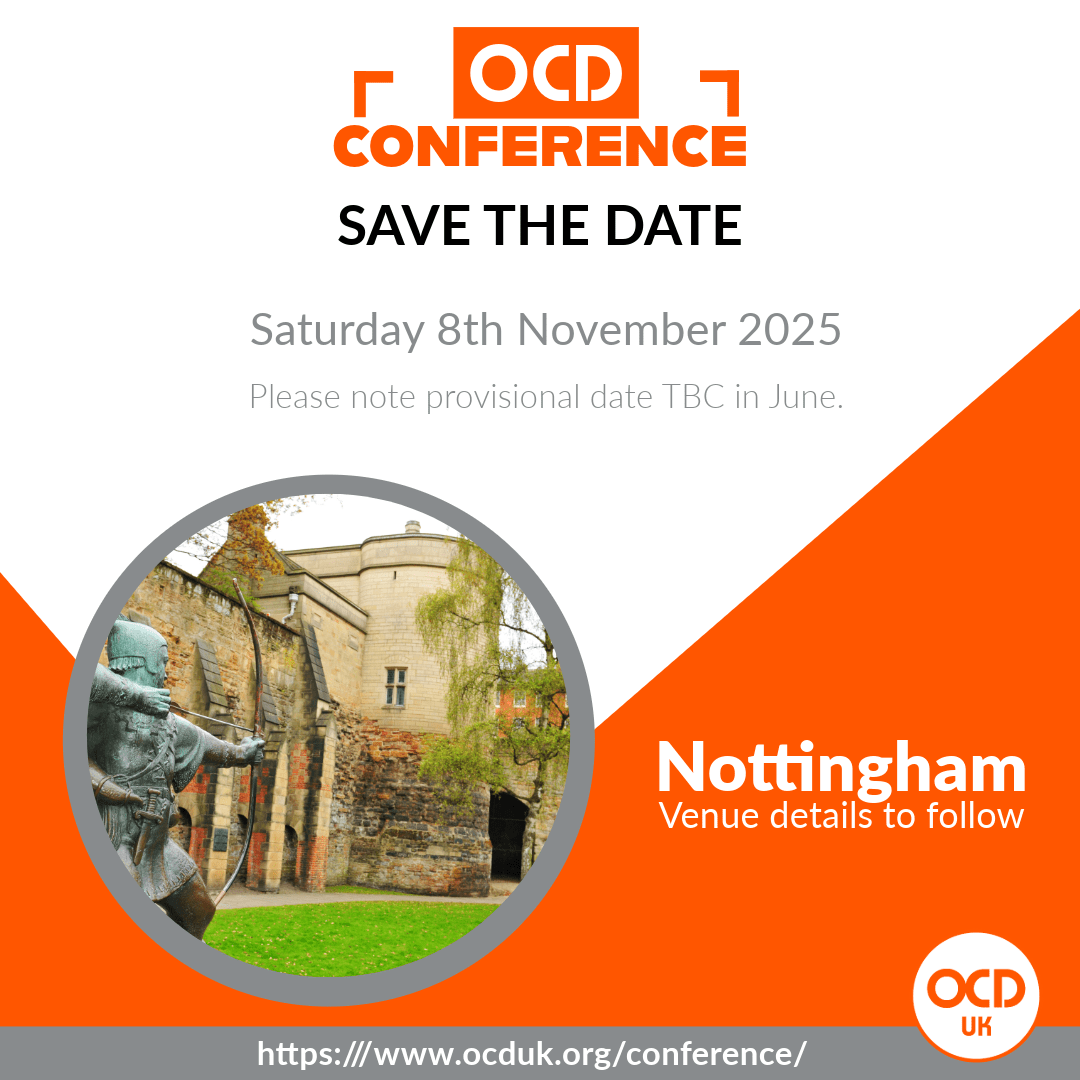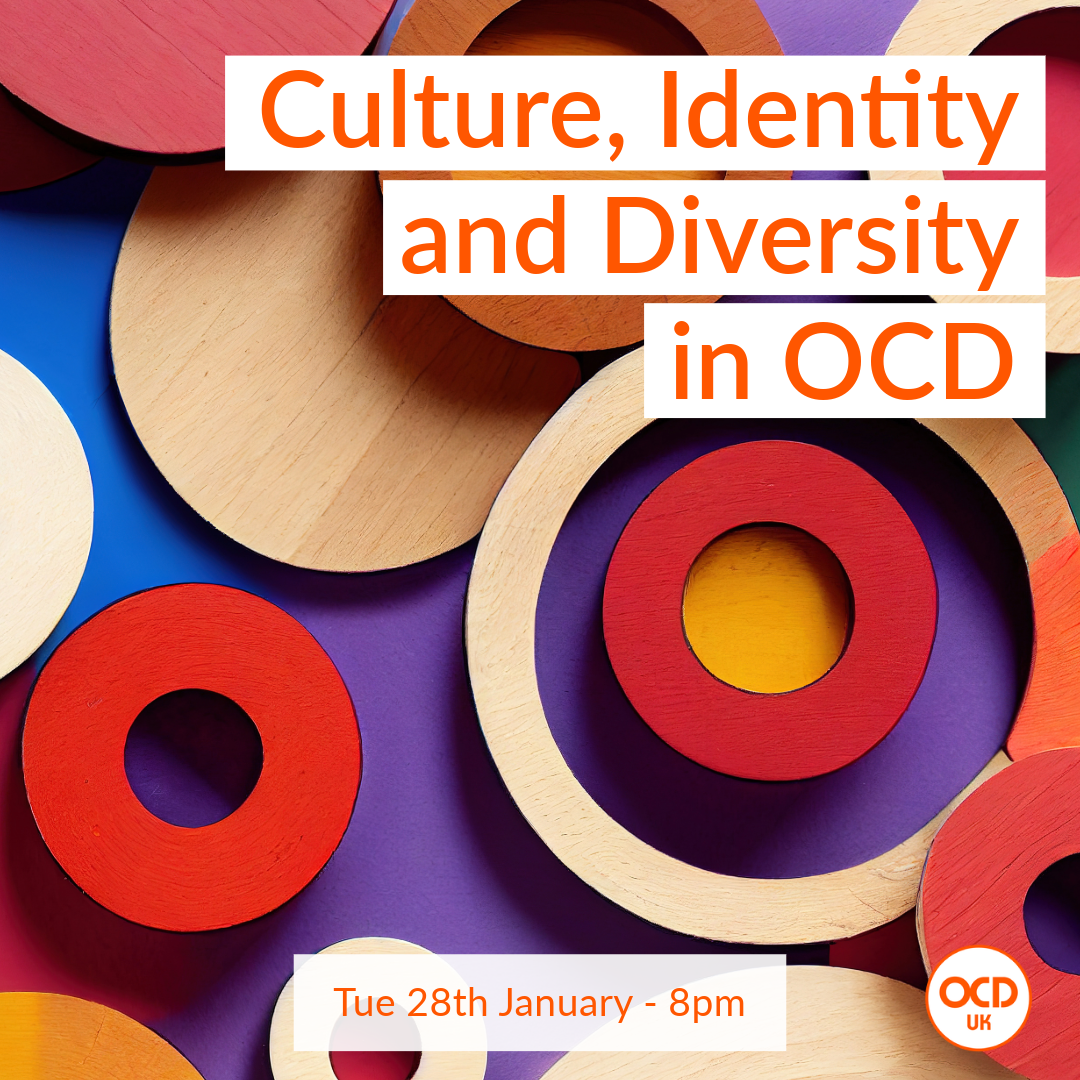Parents’ experiences of parenting a preadolescent child with Obsessive Compulsive Disorder (OCD)
The following report by Chloe Chessell shares the results of a research study that researchers at the University of Reading have conducted a study to find out about parents’ experiences of parenting a preadolescent child (aged 7 – 12 years old) with OCD.
Twenty-two parents (15 mothers and 7 fathers) of 16 children (aged 7 – 14 years old) with lived experience of OCD (whilst aged 7 – 12 years old) were interviewed. Parents were asked questions about their experiences of parenting their child. Researchers looked at parents’ responses to identify common experiences. The results of this study have also been used to develop a new brief treatment where parents are supported by a therapist to help their child to overcome OCD. This study helped to make sure that the treatment we developed reflects parents’ experiences and needs. This new brief treatment has the potential to help families receive support for their child more quickly than current treatments (but we are currently working on evaluating this).
The research study found five common experiences were identified and are described below:
-
-
- It can be hard to understand and relate to children’s OCD.
Parents found it challenging when they did not know that their child was experiencing OCD, their child’s behaviour ‘didn’t make any sense’ [father]. Understandably, parents struggled to relate to their child’s difficulties. They found OCD ‘really quire irrational’ [mother] and ‘immensely frustrating’ [mother]. Despite finding OCD hard to understand, parents said that understanding and accepting OCD was ‘the key’ [father] to helping their child. Some parents identified barriers to coming to terms with their child’s OCD, including embarrassment (particularly when they did not know their child had OCD), wider societal misunderstandings (‘so many people joke about OCD’ [mother]), and differences between their own and their wider culture’s beliefs about mental health (‘it’s not really spoken about [mental health] … it’s a very different way of thinking’ [mother]). - It’s a battle to get appropriate support
Parents said that it was difficult to get support from mental health services for their child and this resulted in parents feeling helpless and frustrated (‘getting through that waiting list and just waiting and waiting, that is like, the worst time of your life’ [mother]). Parents felt they had to rely on themselves to help their child or seek alternative support from private treatment providers, schools, or from friends (‘we didn’t have any support with any of it … everything we did was, was just sort of what we had read on the internet’ [mother]). When parents were able to access support, a few parents felt that the therapist/treatment they received was not helpful. However, most parents experienced their child’s treatment as valuable (‘it’s like a lightbulb moment [when your child gets seen], because suddenly there’s people who understand’ [mother]). - It’s hard to know how to respond to OCD – should you give in to OCD or not?
Parents told us that they didn’t know how they should respond to their child’s OCD. Understandably, parents often felt they had no choice but to give in to OCD’s demands so that their child could function for the day even though they knew this might be unhelpful for their child in the longer term (‘it was a real conflict with myself because I knew it wasn’t helpful [giving into OCD] but … especially in the morning, I need to get him to school, he wouldn’t leave, you know, if I didn’t do it’ [mother]). Despite not knowing how to respond to OCD, over half of parents tried to help their child to overcome OCD (e.g., by helping their child to put their fears to the test), however, this had varying success (‘when we were trying … to kind of tell him, what he needs to do, that he needs to … touch things … he would resist that, he would find excuses like um “no I can’t touch it … because it is indeed extremely dirty”’ [mother]. ‘She was scared of petrol stations … um and so every time we went [to a petrol station], her panic attack was like, 10, and now it’s completely gone because she just realised that nothing is going to happen at a petrol station, but that took a lot of determination’ [mother]). - OCD controls everything
Parents described how OCD completely controlled their child (‘it’s just constant … to get her out of bed in the morning sometimes it can take her two hours … because she has so many thoughts and rituals like, things like gulping, long blinks, saying a chain of thoughts without blinking and then blinking at the end’ [mother]) and could make their child ‘aggressive and angry’ [mother]. OCD also controlled parents’ lives (i.e., some parents had to leave work to care for their child, had to constantly reassure their child or monitor their child’s difficulties). Wider family member’s lives were also affected by OCD (‘it’s wrecked the family life … as parents you try to keep harmony between everybody and it was very difficult to get that’ [father]). However, a minority of parents said that OCD ‘doesn’t affect our family life in a negative way’ [mother]. - OCD can be emotionally challenging
Parents described the emotional challenges of parenting a child with OCD, including: ‘upsetting and difficult’ [mother], ‘extremely stressful’ [father], ‘it’s worrying now, and it’s worrying whether it will get worse’ [mother], ‘emotionally distraught’ [father], ‘you just feel quite alone’ [mother].
- It can be hard to understand and relate to children’s OCD.
What are the implications of this research?
This research has been shared with local NHS therapists to ensure that therapists understand the challenges parents face when supporting a child with OCD. This research has also been published in an academic journal and can be access by parents by searching for this reference: Chessell, C., Harvey, K., Halldorsson, B., Farrington, A., & Creswell, C. (2023). Parents’ experiences of parenting a preadolescent child with OCD: A qualitative study. Emotional and Behavioural Difficulties, 1-18 or by contacting Chloe Chessell using the email address below.We would like to thank the families who participated in this research for their valuable contribution. If you have any questions about this research, or you would like to be involved in future research to support parents of preadolescent children with OCD, please contact Chloe Chessell..
-
























